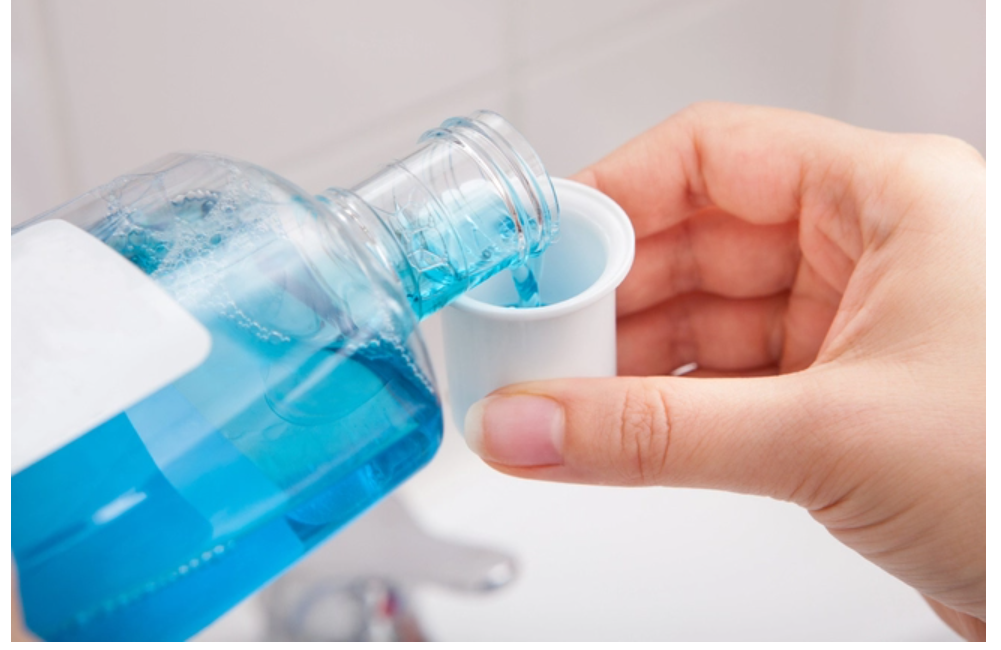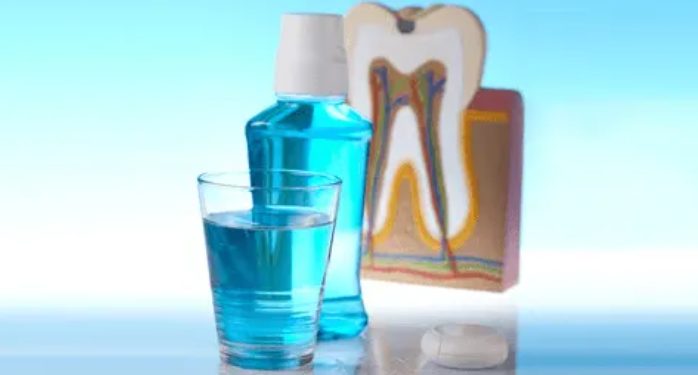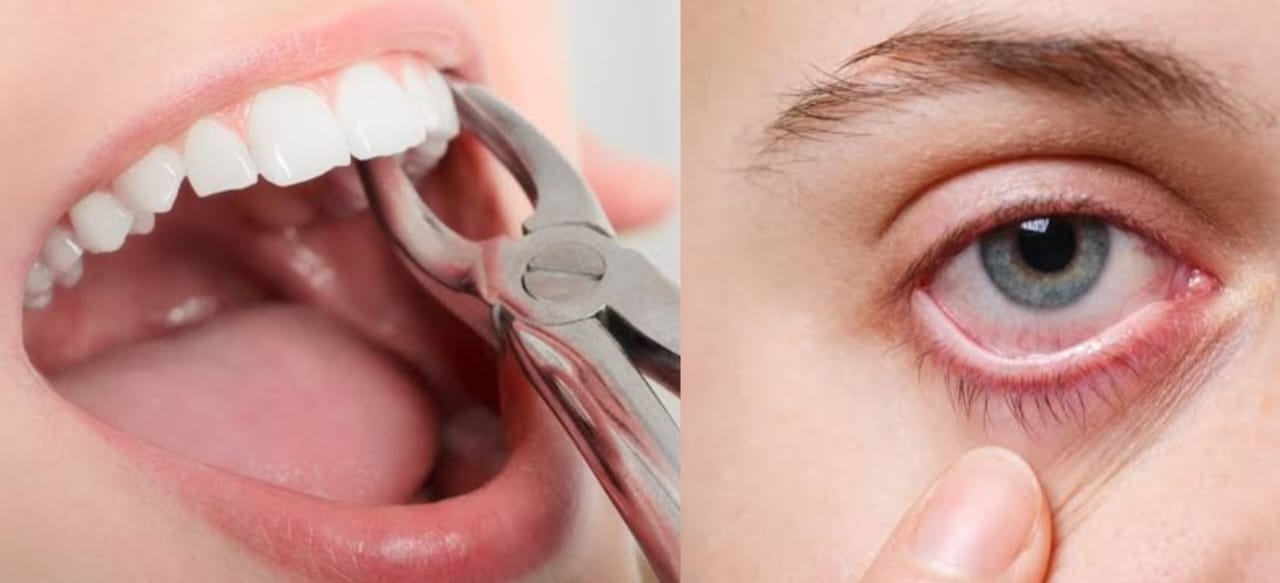Mouth Wash
In mouthwash, mouth rinse, oral rinse, or mouth bath, a liquid is held passively in the mouth or swilled around the mouth by contracting the perioral muscles or moving the head, and sometimes gargled with a tilted head and a bubbled liquid at the back of the mouth.
Is Mouthwash Necessary?
Yes, it is necessary to do mouthwash daily.
Your dental health needs to have a good daily mouth care routine, such as brushing twice daily, flossing daily, and using mouthwash regularly.
Why Use Mouthwash?
Mouthwash gives your mouth a fresh, clean feeling, as well as reduces the bacteria in your mouth, which reduces dental plaque formation. Use mouthwash daily to maintain your oral health. Mouthwash helps prevent periodontal disease and, if it contains fluoride, reduces cavities when used correctly.

Purpose of mouthwash
The benefits of mouthwash go beyond the minty fresh breath it provides. All mouthwash products are offering a wide range of benefits. The most common reason people use mouthwash includes:
- Fresh breath
- Removing tooth decay using sodium fluoride
- Removing gum inflammation by destroying bacteria
- Whitening teeth using a bleaching agent
- Removing gum disease using an antiseptic or anti-plaque ingredient.
Types of Mouthwash :
- Fluoride:
Dental mouthwashes made from SODIUM FLUORIDE protect against cavities and tooth decay. However, using a mouthwash containing fluoride along with fluoride toothpaste can provide you with nearly twice the daily recommended dose.
- Antiseptic:
Mouthwashes containing alcohol are used to stop bacterial growth and are ideal for preventing mouth infections, but they can also be used to combat bad breath. In addition to killing bacteria and improving breath, it can also discolor your teeth if used too much.
- Cosmetic:
The purpose of cosmetic mouthwash is to mask bad breath, much like the purpose of makeup. It doesn’t do much else than that and doesn’t last.
- Natural:
These mouthwashes offer a holistic alternative to conventional mouthwashes, containing safe ingredients and are alcohol-free.
- Dry mouth:
A dry mouth is bad for your oral health, and mouthwashes that keep your mouth moist and prevent decay are available for people who suffer from dry mouth.
- Breath spray:
You can keep these little spray bottles in your purse or pocket for a fresh spritz of breath-freshening mouthwash.
Pros of Mouthwash :
There are many benefits to using mouthwash as part of your daily oral health including:

- Additional cleaning:
By using mouthwash, you can help remove the remaining debris left behind from brushing and flossing. The liquid flows around and between your teeth, helping you cleanse your mouth more effectively.
- Healthy gums:
It is important to wash your mouth regularly with mouthwash to kill harmful bacteria. Brushing your teeth does not remove bacteria, which lasts for many months, causing irritation and inflammation of your gums. If left untreated, this can lead to serious periodontal disease.
- Healthier teeth:
Oral bacteria expose your teeth to decay. Antibacterial mouthwash can kill bacteria to help prevent tooth decay.
- Fresh breath:
A quick rinse after eating strong foods like onions or garlic can help keep your breath fresh.
- Strengthen enamel:
Some mouthwashes contain enamel-strengthening ingredients which will help keep your teeth more resistant to decay.
Cons of Mouthwash :
- Oral cancer:
Some studies have shown that mouthwashes containing alcohol can harm soft tissue in the mouth. This has been tied to oral cancer.
- Irritation:
For some people, alcohol produces an unpleasant burning effect, which can slow the healing of ulcers and canker sores.
- Cosmetic solution for bad breath:
The best way to fight bad breath is to speak to us. Bad breath is masked by mouthwash, which does not address the cause. If you suffer from halitosis, a medical condition causing severe bad breath, we can help find a permanent solution.
- Tooth staining:
Certain mouthwashes contain heavy dyes that can stain your teeth.
- Salt:
When swallowed, mouthwashes containing sodium lauryl sulfate are a source of sodium. This can cause problems for those on low-sodium diets.
Conclusion :
As dental professionals, it is now more critical than ever that patients receive mouth rinses as part of their daily recommended oral health care routine considering biofilm accumulation in the oral cavity. It is also important to teach them about proper brushing and flossing techniques but recommending the use of chemotherapeutic rinses after mechanical hygiene also improves gingival health, prevents biofilms for 8-12 hours, and makes it simple to improve their gingival health.


